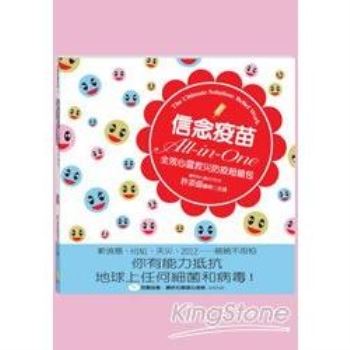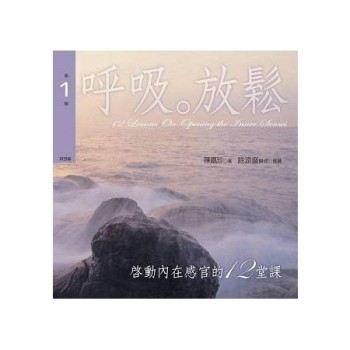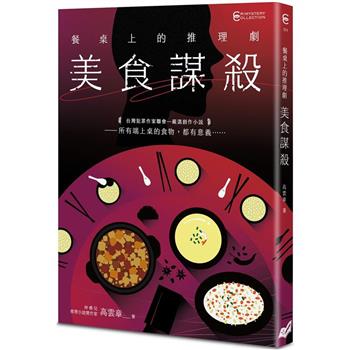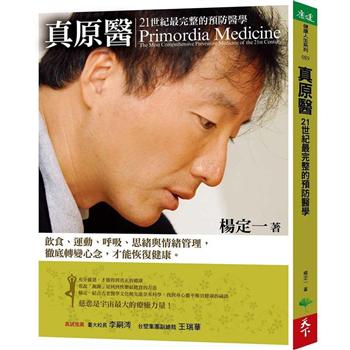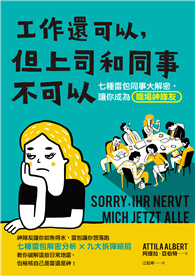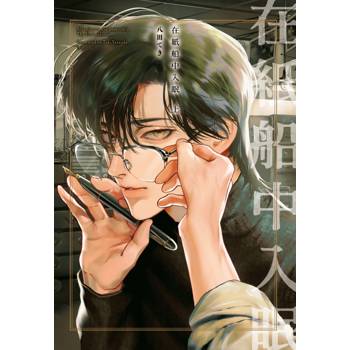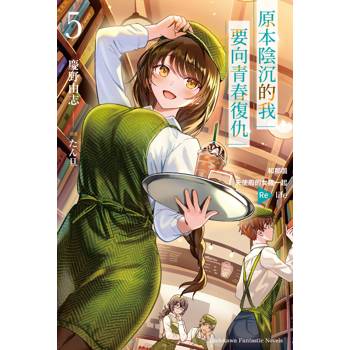| FindBook |
有 3 項符合
The Gate of Darkness:Studies on the Leftist Literary Movement in China(平裝)的圖書 |
 |
The Gate of Darkness:Studies on the Leftist Literary Movement in China(平裝) 作者:Tsi-an Hsia 出版社:香港中文大學 出版日期:2016-06-01 語言:英文 規格:平裝 / 392頁 / 15.2 x 23 x 1.96 cm / 普通級/ 單色印刷 / 初版 |
| 圖書選購 |
| 型式 | 價格 | 供應商 | 所屬目錄 | $ 810 |
華文文學研究 |
$ 837 |
中文書 |
$ 932 |
華文文學研究 |
|---|
| 圖書館借閱 |
| 國家圖書館 | 全國圖書書目資訊網 | 國立公共資訊圖書館 | 電子書服務平台 | MetaCat 跨館整合查詢 |
| 臺北市立圖書館 | 新北市立圖書館 | 基隆市公共圖書館 | 桃園市立圖書館 | 新竹縣公共圖書館 |
| 苗栗縣立圖書館 | 臺中市立圖書館 | 彰化縣公共圖書館 | 南投縣文化局 | 雲林縣公共圖書館 |
| 嘉義縣圖書館 | 臺南市立圖書館 | 高雄市立圖書館 | 屏東縣公共圖書館 | 宜蘭縣公共圖書館 |
| 花蓮縣文化局 | 臺東縣文化處 |
|
|
First published in 1968, this volume of essays, posthumously edited by the author’s brother Professor C. T. Hsia (a prominent Columbia University professor of Chinese literature), focuses on Chinese literary criticism relating to the work of leftist Chinese writers, including Lu Hsün, Chiang Kuang-tz’u, the “Five Martyrs,” and Chü Ch’iu-po, who were sympathetic to the ideals of the pre-1949 Chinese communist party. As one of the few foundational texts to provide a critical overview of the aesthetics and politics of China’s leftist literary movement, The Gate of Darkness examines the conflicting dilemmas between leftist authors’ own ideals and the strict ideological frameworks imposed by the propaganda policies of the Chinese communist party in the early twentieth century.
Hsia’s essays are exciting reading precisely because Mr. Hsia approached his subject not merely with the index-cards of a historian but also with the sensitive eyes of a novelist. Tsi-an Hsia is a creative and compassionate scholar who has opened Lu Hsün’s inner “gate of darkness” to unveil “a fascinating world of demons and ghosts as dramatized in village operas and popular superstitions.”
— Professor Lee Ou-fan, The Chinese University of Hong Kong
T. A. Hsia is one of the most important critics of modern Chinese literature. In The Gate of Darkness he seeks to examine the dynamics of Chinese leftist literature from an overarching
perspective, and offers perceptive and profound observations. He looks into sources drawn from social, cultural and intellectual inquires, identifies literary and ideological contestations, and teases out polemical elements in the theory and practice of revolutionary politics, ethics, and aesthetics. Hsia’s book is an indispensable source for anyone interested in modern Chinese literature and cultural politics.
—Professor David Der-wei Wang, Harvard University
作者簡介:
Tsi-an Hsia (1916–1965), was Professor of English at National Taiwan University from 1950 to 1959. Until his premature death in 1965, he had held research positions at the University of California (Berkeley) and the University of Washington (Seattle).
The Gate of Darkness is a scholarly work that required years of extensive research, but it is also a book that could not have been written by someone less vitally concerned with the fate of China. Born in 1916, Tsi-an Hsia was umbilically tied to the hopes and aspirations of the May Fourth generation. In turning to a study of his immediate literary heritage, he was driven by the desire to recapture the historical reality of an earlier period in all its tragic complexity.
|
